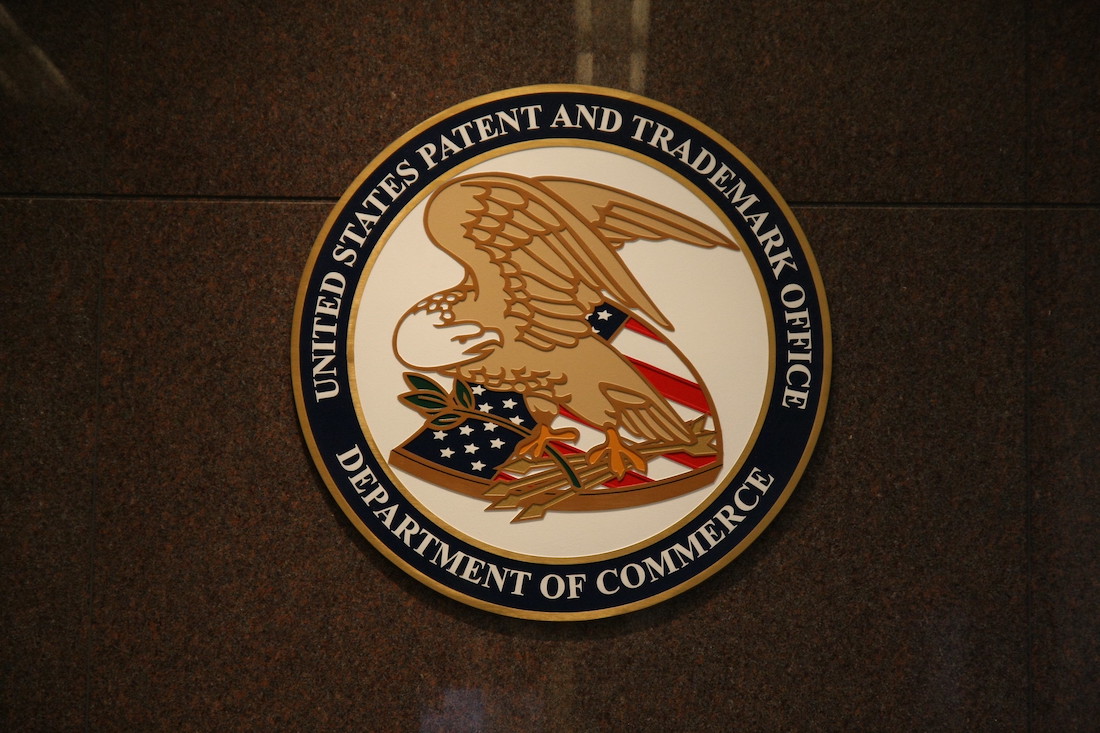I anticipated facing a range of challenges as a digital health startup CEO. Patent trolls were not among them.
I was ready to deal with the barriers to getting funding, navigating federal regulations, protecting users’ data and even overcoming the effects of a global pandemic. With all this and more presenting hurdles to my business’s growth, it is especially frustrating to wake up to the unpleasant surprise of a meritless patent lawsuit.
But that’s exactly what happened to TheraTec, the startup I lead.
As a patent owner myself, I understand the need for a strong patent system that allows innovation and ideas to thrive while protecting intellectual property rights. But abusive patent litigation threatens productive, job-creating startups like mine — and it’s up to our policymakers in Congress (where a pair of proposed bills could have different impacts on innovation) and the Executive Branch to prioritize this issue and protect American innovators from those seeking to game the patent system.
TheraTec offers users an innovative digital health platform that allows providers to improve patient outcomes and satisfaction while reducing the cost of care. We developed a patented technology specific to at-home patient management and are especially focused on physical therapy and telehealth, which has become even more important during the COVID-19 pandemic.
As a startup that has developed technologies to better serve patients, we own six patents and currently have a seventh being processed by the U.S. Patent and Trademark Office. While intellectual property is a valuable and necessary asset for many businesses, including mine, I’ve grown to learn the limitations and vulnerabilities of our intellectual property system.
In April 2020, TheraTec was the target of a frivolous lawsuit from what we’d call a “patent troll” — a company that doesn’t exist anywhere except on a piece of paper. Patent trolls buy up broad, low-quality patents and use them as weapons to sue legitimate companies. Patent trolls do not try to develop new products or improve existing technologies. For them, patents are an investment strategy for which they hope to turn a quick profit. Patent trolls are often funded by hedge funds and other litigation financiers, with the end goal of a large settlement or jury verdict. It’s a booming industry — and it’s increasingly threatening startups like mine.
The patent troll didn’t just sue us; in fact, the entity also sued a handful of our competitors, and even our suppliers, in an attempt to assert a junk patent. This type of lawsuit costs next to nothing to assert, but can be costly to defend against. As a result, they can be incredibly damaging to startups or small businesses with fewer resources to fight back than larger corporations. In many cases, smaller businesses are intimidated into paying a settlement just to make the troll go away.
TheraTec had to pause its development and spend significant time and resources fighting back against this meritless suit. Precious resources we had planned for further product development and a planned launch had to be redirected and wasted to defend ourselves. Eventually, we were able to get the lawsuit dismissed, but ultimately lacked the resources needed to move forward and invalidate the patent they weaponized against us.
The type of abusive patent lawsuit we endured at TheraTec can sometimes put a company out of business. It diverts funding away from creating good-paying jobs in our communities and can take millions or even billions of dollars away from investments in research and development.
Our policymakers need to be aware of just how costly low-quality patents can be when they fall into the wrong hands and must act now to close destructive loopholes in our patent system. In addition, other small businesses and startups like mine need to be aware of both the benefits and the limitations of intellectual property — and how to defend themselves against abusive patent litigation.
How do you feel about Hyk’s perspective? Let us know by emailing sameer@technical.ly.







